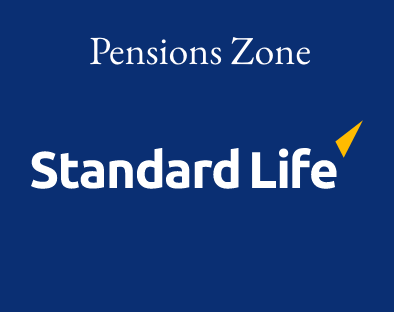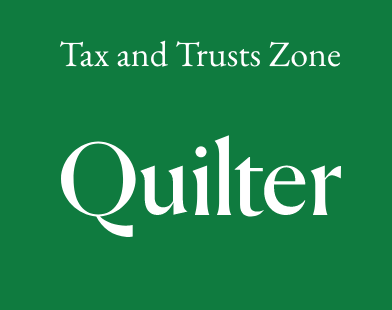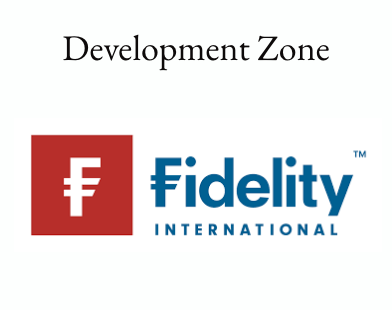Fiona Manning, Senior Investment Director, Global Emerging Market Equities, abrdn, answers some key questions on emerging markets and the investment opportunities they present
What trends and themes are interesting from an EM perspective?
Despite China’s regulatory agenda related to social equality, data security and environmental sustainability, we believe that Beijing remains pro-innovation, and in the long term a greater focus on social equality should put the economy on a more sustainable footing. In this environment, policy alignment and sustainable investing is very important in identifying companies that have lower regulatory risk.
India has also performed well recently, and is a market which is underpinned by supportive demographics and includes a multitude of attractive companies with strong structural growth prospects. We also believe the global economic recovery is supported by accelerating vaccination rates that allow an easing of mobility restrictions. This should mitigate inflationary pressures tied to rising commodity prices and near-term supply chain disruptions, although these pressures have proven to be stickier than the market initially expected. We will continue to closely monitor inflation and central bank rates.
We are seeing much greater focus and emphasis on environmental, social and corporate governance (ESG) across the globe. Compared to developed markets, emerging markets are at a far earlier stage of their ESG journey. However, momentum and investor appetite for strong ESG credentials is growing. Companies with strong ESG credentials and improving practices, coupled with good disclosure for investors can certainly benefit from positive investor re-ratings. Positive tailwinds, from policy and innovation are also creating attractive opportunities within emerging markets.
COP26 in Glasgow focused attention on the climate transition. Despite some disappointment with the scale of commitments achieved so far, this remains a key opportunity area in emerging markets given the technology and manufacturing opportunities in Asia. However, we shouldn’t forget the broader focus of the UN Sustainable Development Goals and the wider drive to address the key challenges for the world – issues such as poverty, equality of health outcomes, gender equality, as well as climate and biodiversity. All these areas have the potential to have a huge impact in emerging markets. The targeted allocation of capital can help address these issues, while driving growth and profitability.
India is outperforming EM peers – how might this unfold in 2022?
India has recently outperformed on the back of economic recovery, as infrastructure spending picks up, along with a recovery in the housing market. The country’s Covid-19 vaccine rollout is progressing well and infections have continued to decline.
Long term, the country benefits from supportive demographics – India has a young population with a median age of 31. In this context, there are many attractive stock-specific opportunities in companies with structural growth drivers. The huge interest we have seen in the many new and disruptive businesses coming to market is testament to the significant long-term potential of the market. India boasts a strong IT sector with world class services companies that are helping global companies go digital and cloud-ready.
However, these tailwinds must be balanced against rising commodity prices, especially oil, of which India is the largest importer globally. Interestingly, to counter this we have seen a number of new opportunities in the renewables space. This is an area which has been growing in importance and we expect to see further commitments and progress here.
How has EM investing been impacted by the pandemic?
As a result of the Covid-19 outbreak we have seen an acceleration of structural growth trends that were gradually becoming dominant before the pandemic.
The economic stress created by the lockdown has highlighted the areas of the economy that have the most robust growth and the companies with the widest moats. In particular, the importance of strong digital infrastructure has become clear, and this has seen renewed regulatory focus across many developed and emerging markets.
However, in response to the crisis and to smooth the impact of lockdowns we have seen growing public debt globally, including in EM, and some resulting inflationary pressures. In the past this would have been a major cause for concern for EM investors, and while this situation does require careful monitoring, there are a number of changes that have made EM economies, and markets, less vulnerable to external shocks.
We see more astute economic management and the evolution of market/index composition that has made EM more resilient.
Does the growing importance of ESG make it harder to invest in EM?
We have always placed a huge importance on ESG as a lens for understanding the quality of companies we invest in. We believe that high quality companies, and particularly those which are able to manage their ESG risks and opportunities more effectively than peers, offer the potential for sustained returns above market expectations across the business cycle.
A greater focus from investors and from corporates themselves ultimately supports ESG opportunities, especially within the context of taking a bottom-up approach to research. This allows us to identify these businesses early and through engagement, we aim to drive positive change that can result in company re-ratings as the broader market begins to appreciate the quality of those businesses.
Investors are increasingly interested in companies that are able to demonstrate a positive impact on the world around them, as well as delivering growth and profitability. Through our experience in emerging markets and the breadth and depth of our research capability, we believe we are able to shine a light on an increasing number of companies that can deliver these dual outcomes.






































